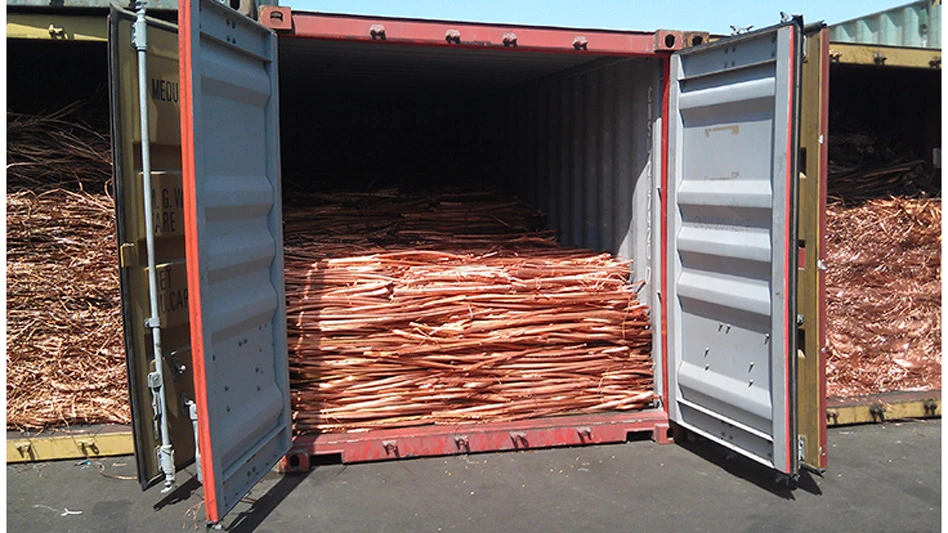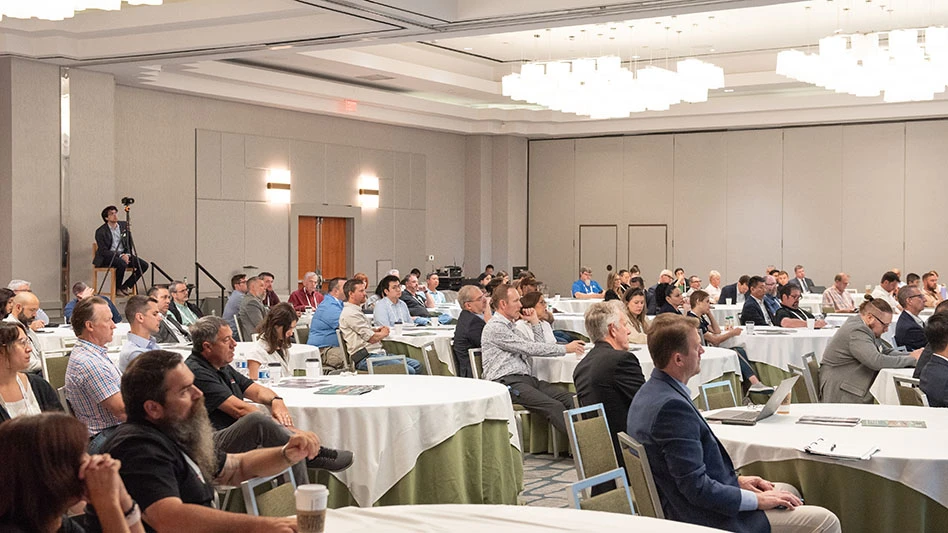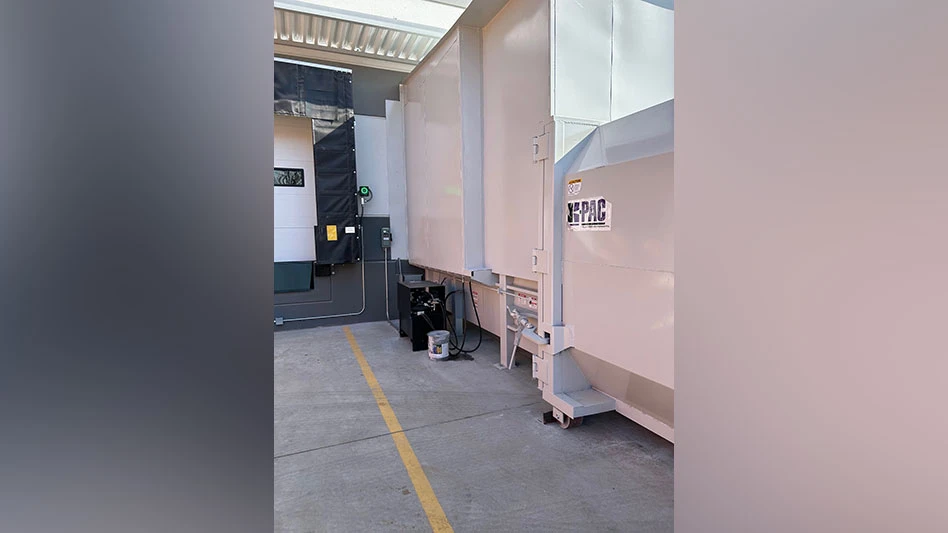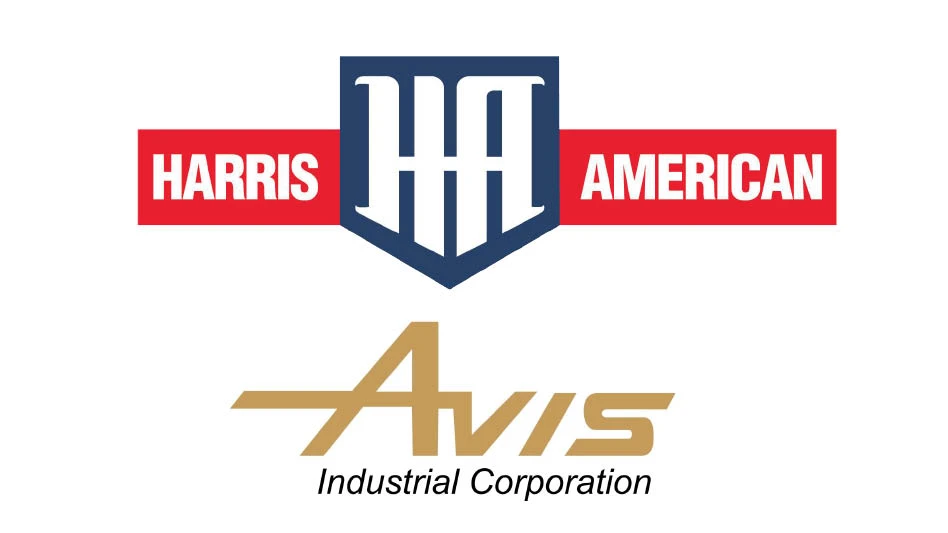
fotosr52 | stock.adobe.com
The London office of Fitch Ratings says the anticipated “energy transition” will significantly increase demand for metals used in manufacturing electric vehicles (EVs) and renewable power generation, with aluminum, copper, nickel, cobalt and lithium among metals in greater demand.
The determination joins others made by organizations including Bloomberg and Wood-Mackenzie in finding a move away from fossil-fuel-based power as beneficial to the demand for nonferrous metals. Such increased demand is likely to bring with it increased attention to and investments in nonferrous metals and EV battery recycling.
The Fitch analysis, released in early October, considers potential impacts of a global internal combustion engine (ICE) vehicle to EV transition as well as investments in electric power methods and infrastructure that would accompany that transition.
On the EV side of the analysis, no matter what type of batteries are used—nickel-manganese-cobalt (NMC) or lithium-iron-phosphate (LFP)—aluminum content increases in EVs compared with its average use in an ICE. The use of copper and lithium likewise increases no matter which battery is used, while nickel demand benefits solely from NMC batteries.
Comparing power generation techniques, aluminum’s presence in solar power is much greater than in any of the other methods analyzed (wind-offshore, wind-onshore, coal and natural gas). Copper demand rises highest in offshore wind applications, with zinc also having a considerable presence in that sector.
Regarding the overall transition, the Fitch analysts write, “EVs and renewable generation are more metal-intensive than fossil fuel-based alternatives. This will require a vast supply response in the next two decades and investments from miners.”
As have other analysts, the Fitch researchers express concern about the “long lead times” of mining projects. They continue, “However, market participants now expect miners to deliver increasing volumes of metals required for the energy transition without compromising ESG [environmental, social and governance] standards. The key challenge is to reduce greenhouse gas emissions across the metal value chain. Emissions intensity of cobalt, aluminum and nickel mining and processing is high, so skyrocketing demand may result in rising net carbon footprints.”
Sponsored Content
Redefining Wire Processing Standards
In nonferrous wire and cable processing, SWEED balances proven performance with ongoing innovation. From standard systems to tailored solutions, we focus on efficient recovery and practical design. By continually refining our equipment and introducing new technology, we quietly shape the industry—one advancement at a time.
The analysis continues to give recyclers and their advocates considerable ground to stand on as they seek to make investments to collect, process, melt or otherwise treat discarded metals and batteries to reintroduce the materials into an economic sector hungry for them.
Get curated news on YOUR industry.
Enter your email to receive our newsletters.
Latest from Recycling Today
- Invista expanding ISCC Plus certification program
- Redwood partnership targets recycling of medium-format batteries
- Enfinite forms Hazardous & Specialty Waste Management Council
- Combined DRS, EPR legislation introduced in Rhode Island
- Eureka Recycling starts up newly upgraded MRF
- Reconomy Close the Gap campaign highlights need for circularity
- Nickel carbonate added to Aqua Metals’ portfolio
- EuRIC, FEAD say End-Of-Life Vehicle Regulation presents opportunity for recyclers









